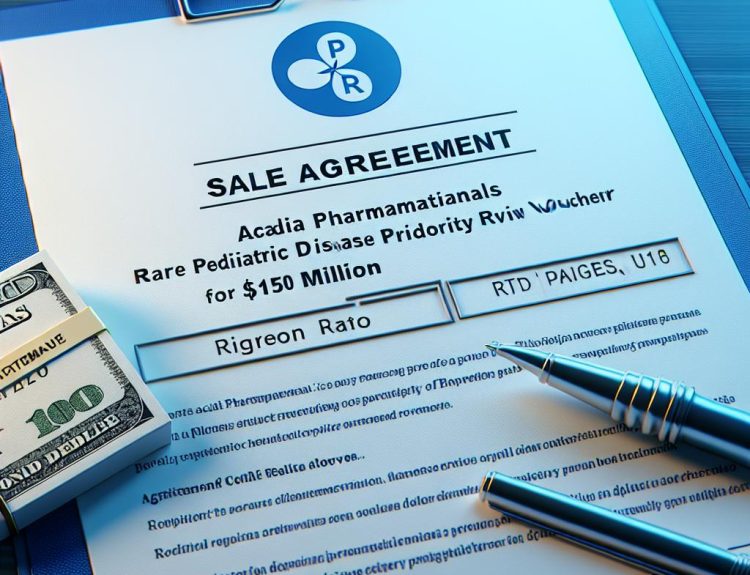In the Phase 1 portion of an investigator-initiated Phase 1/2 study in treatment-refractory rheumatoid arthritis, six patients received a single 1×10^8 dose of autologous CD19 CAR T cells (KYV-101) with 28–175 days of follow-up. No high-grade cytokine release syndrome and no ICANS were observed. CAR T expansion peaked between days 14–21, peripheral B-cell depletion occurred in all patients, and pathogenic autoantibodies (ACPA and RF-IgM) fell markedly. Clinically, four of six patients achieved ACR20, and two achieved ACR50.
Kyverna’s update, presented at ACR Convergence 2025 from Charité’s COMPARE trial, marks one of the more structured comparative entries of CAR T into RA. The open-label, randomized, controlled Phase 1/2 design pits KYV-101 against rituximab in ACPA-positive patients with moderate to high disease activity after a mean of 5.8 prior biologic or targeted synthetic DMARDs. Phase 1 focused on safety and biomarker activity; the randomized Phase 2 is underway, with enrollment complete. The study’s positioning against an established B-cell depleter signals an intent to test whether a one-time CD19-directed approach can deliver deeper or more durable immune reset than cyclical anti-CD20 therapy.
Strategically, Kyverna continues to use investigator-led programs to validate autoimmune indications beyond its core neuroimmunology focus while conserving internal resources for late-stage work. The early RA signal reinforces a broader thesis emerging across autoimmune CAR T: reset the aberrant B-cell compartment and drive antibody normalization, with the potential for treatment-free intervals. The choice of rituximab as a comparator is notable. It aligns with real-world practice, sets a high relevance bar for payers and regulators, and, if positive, could shorten the evidentiary path by providing head-to-head context rather than relying on historical controls. The safety profile reported here—absent high-grade CRS or neurotoxicity—also contrasts with oncology norms and, if sustained at scale, could lower operational barriers.
For sites and CROs, RA CAR T introduces oncology-grade logistics into rheumatology networks. Apheresis access, lymphodepletion management, and 24/7 monitoring competence for CRS and infections become prerequisites, potentially shifting enrollment to centers with existing cell therapy capability or forcing new referral models between rheumatology and transplant units. Biomarker-heavy protocols, immunoglobulin monitoring, and vaccination management will require tighter coordination and patient education. For sponsors and vendors, vein-to-vein time, manufacturing slot allocation, and cold-chain reliability will directly influence feasibility, patient experience, and trial timelines. Regulators will look for durability, steroid sparing, infection rates, hypogammaglobulinemia management, and health economic signal versus rituximab and JAK inhibitors, not just early response.
The next catalyst is the randomized Phase 2 readout. Beyond response rates, the field will scrutinize remission definitions (SDAI/CDAI), duration of B-cell aplasia, immunoglobulin replacement needs, hospitalization days, and the ability to taper concomitant immunosuppression. Operationally, watch whether sites can execute largely outpatient pathways and whether adverse event management remains manageable as numbers scale. On the manufacturing side, Kyverna’s parallel investments in process acceleration and allogeneic options could become decisive if RA demand materializes; shortening vein-to-vein time and expanding capacity will be critical to real-world uptake. The open questions are whether efficacy will remain durable beyond six to twelve months, how broadly the benefit extends across refractory RA phenotypes, and whether the comparative advantage over rituximab justifies the complexity and cost. If the randomized data show sustained, steroid-free control with acceptable safety and manageable logistics, CAR T could move from experimental rescue toward a defined place in the RA treatment sequence; if not, the model may remain confined to niche, highly refractory cohorts at specialized centers.
Jon Napitupulu is Director of Media Relations at The Clinical Trial Vanguard. Jon, a computer data scientist, focuses on the latest clinical trial industry news and trends.






